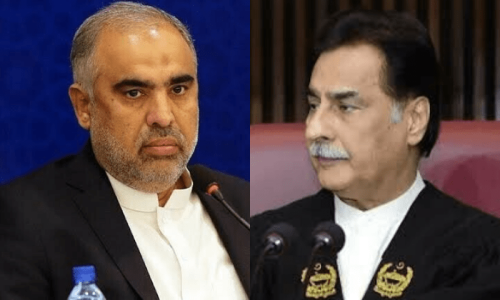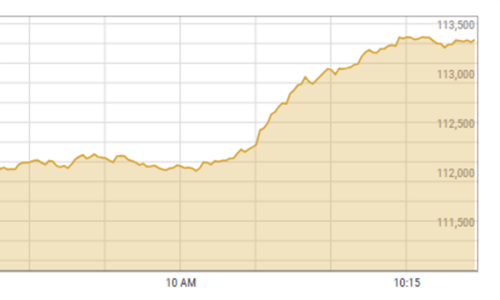ISLAMABAD, Sept 20: Faced with strong opposition from Punjab and a downward slide in oil prices in the international market, the government has decided in principle to shelve the much-discussed proposal for a five-day work week.
The proposal also envisaged closure of petrol pumps for one day in a week.
Sources told Dawn on Friday that the government was likely to withdraw the proposal during the next meeting of the federal cabinet, likely to be held on Wednesday.
At a meeting held about a fortnight ago the federal cabinet had floated the idea of a five-day work week — with Saturdays and Sundays off — in order to reduce the country’s spending on import of oil, thereby reducing the fiscal and trade deficits.
However, a decision in this regard was postponed until differences on the issue were resolved with Punjab for which a committee, chaired by Information and Broadcasting Minister Sherry Rehman, was formed.
Sources told Dawn that the PML-N-led government in Punjab had opposed the idea on various grounds, including possible adverse reactions from businessmen and industrialists in case it was adopted for implementation.
A PML-N lawmaker told Dawn that Ms Sherry tried her best to convince the Punjab government on the issue but failed to do so. The government feared that it might face the same kind of resistance from other provinces as well, as petrol pump owners were not ready to close their businesses four times a month.
He said the chamber of commerce and industries and some top traders from Punjab had advised the government against implementing the proposal.
The idea to keep petrol pumps closed for one day every week was particularly worrisome, he added.
When contacted, Petroleum Secretary G.A. Sabri said a decision on the issue had been put off by the cabinet on political grounds. He said the government wanted to take the Punjab government on board before deciding one way or the other.
He said an announcement about the proposal would be made during the next meeting of the cabinet.
The Economy Monitoring Committee (EMC) headed by Finance Minister Syed Naveed Qamar had directed the petroleum ministry to give various suggestions about curtailing oil consumption. The ministry had proposed at least two — a five-day working week and closure of petrol pumps for one day every week. According to the ministry, the two steps could reduce oil consumption by almost 20 per cent.
The last PPP government had also introduced the five-day work week, but the move had to be reversed because it resulted in higher consumptions. Many government employees had also started taking three off days a week.
A petroleum ministry official said that fuel consumption could also be reduced by increasing the price of electricity in the summers and that of gas in winters. But such proposals had their negative aspects as well.
The oil import bill, which surged to $11.38 billion or almost 30 per cent of total imports of about $40 billion in 2007-08, was more than 55 per cent higher than $7.33 billion a year ago, mainly because of higher international prices and increased consumption.
As a result of record international prices and higher consumption, the government had to pay $4 billion (Rs270 billion) more on oil imports in 2007-08 than in the previous year. The import of petroleum products showed a 65 per cent increase to $6.158 billion from $3.73 billion, while crude imports surged by 45 per cent to $5.22 billion from $3.6 billion in 2006-07.
The consumption of petroleum products went up by about 19 per cent to 10 million tons from 8.6 million tons, while crude imports surged by 5.2 per cent to 8.6 million tons from 8.2 million tons in 2006-07.
The fiscal deficit reached 7.7 per cent of GDP or Rs777 billion against the budgeted target of 4.2 per cent of Rs398 billion. The current account deficit, too, set a new record at almost $16 billion last year with no respite in the initial two months of the current fiscal year.












































Dear visitor, the comments section is undergoing an overhaul and will return soon.